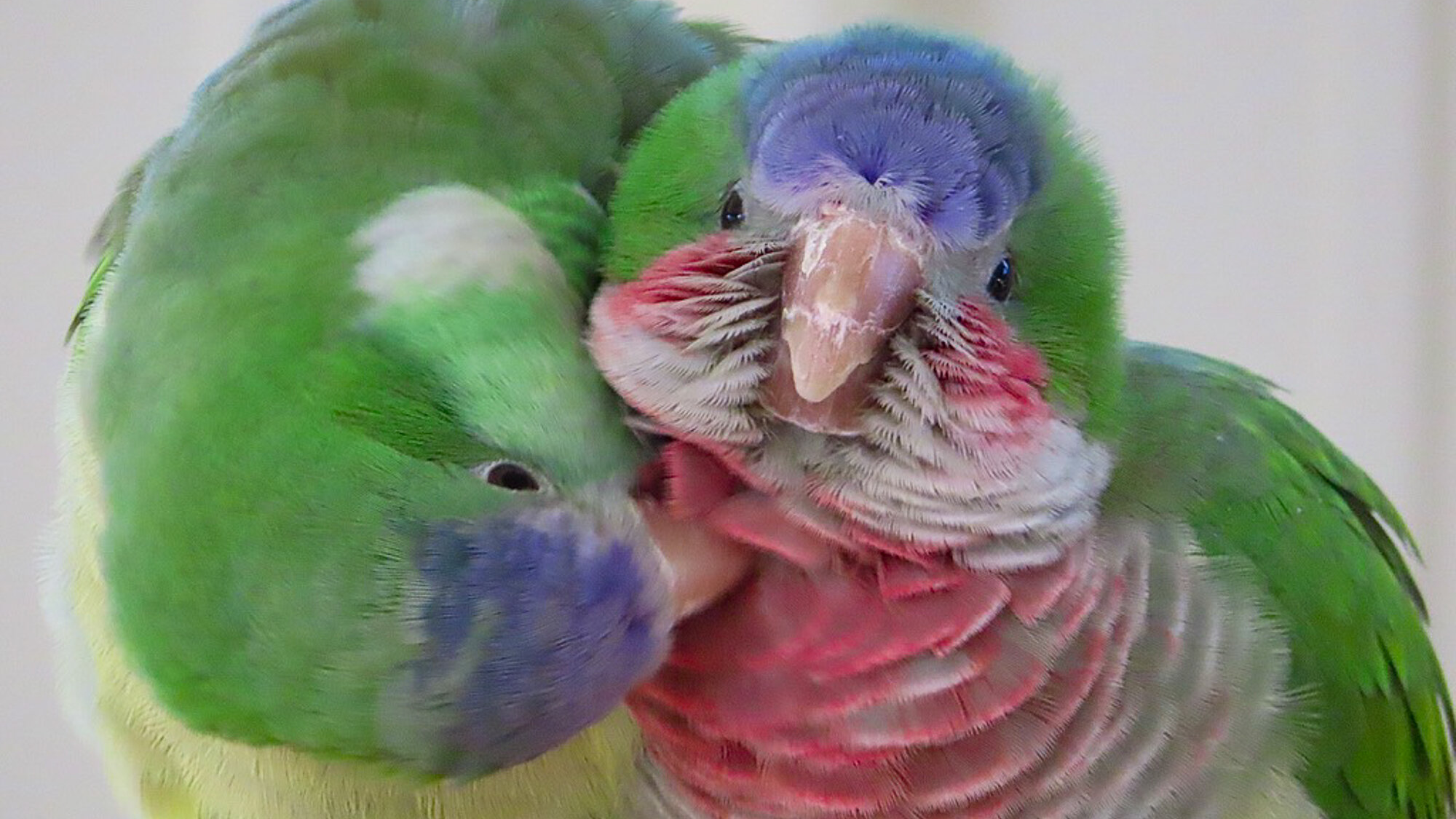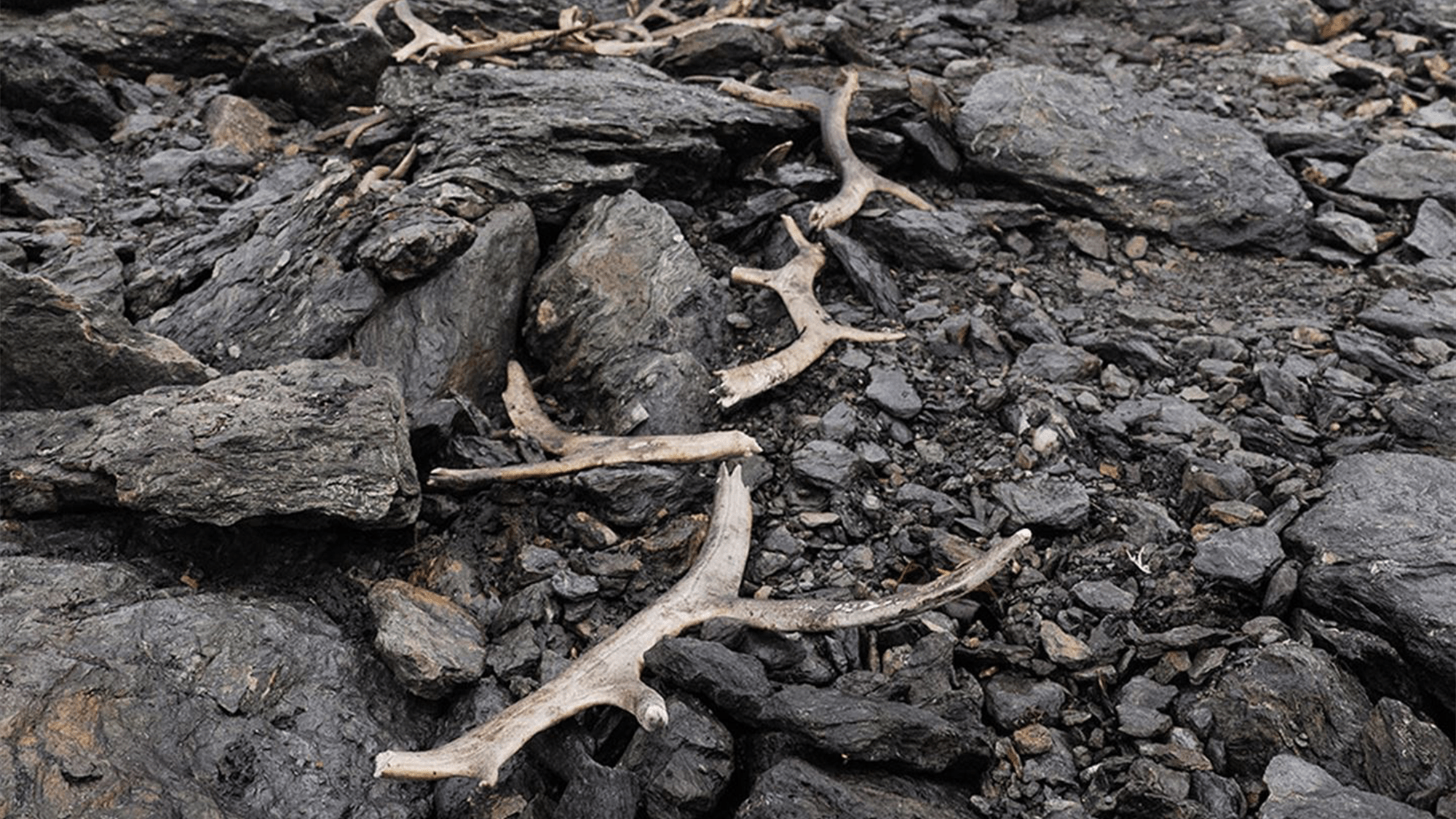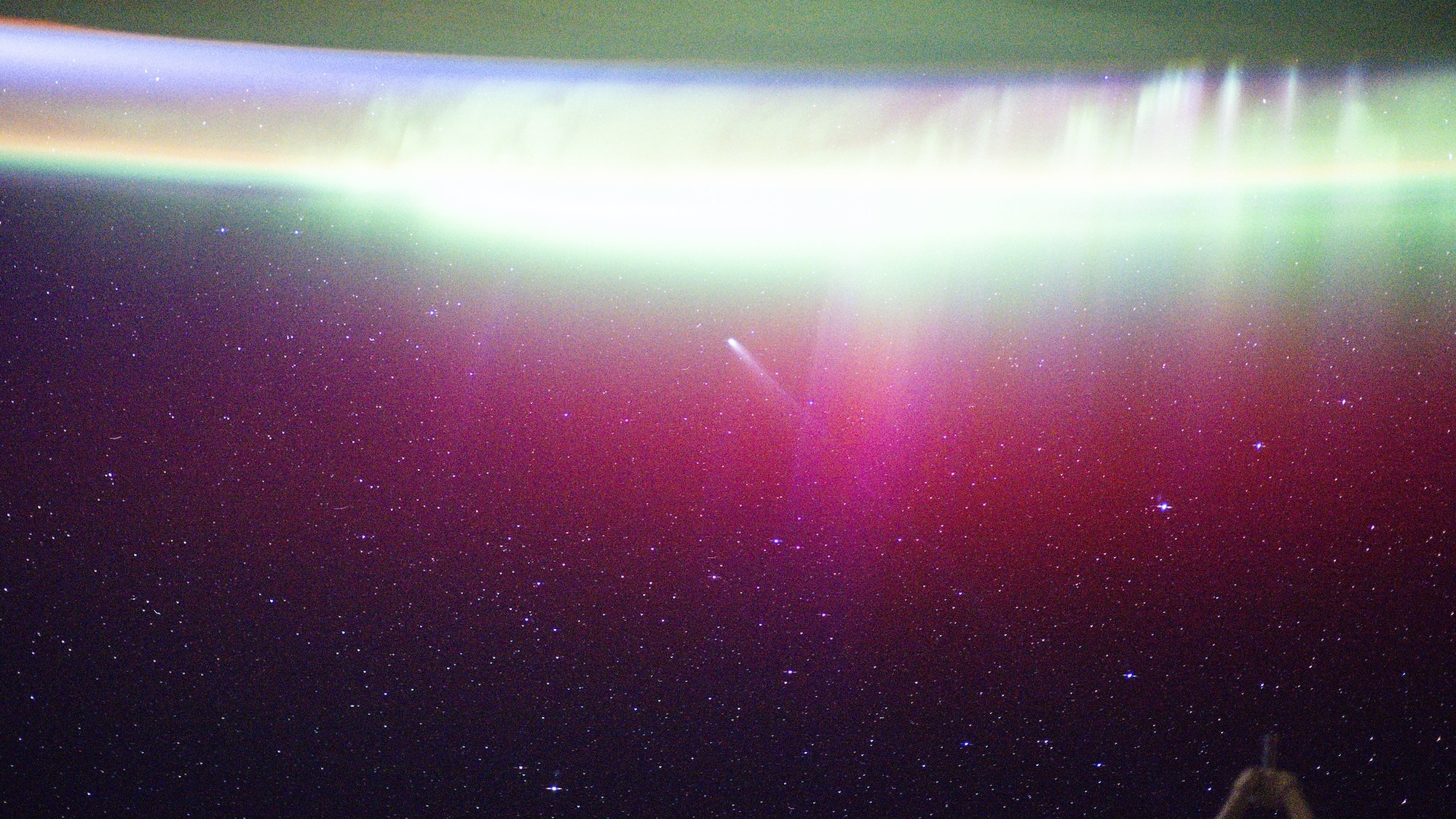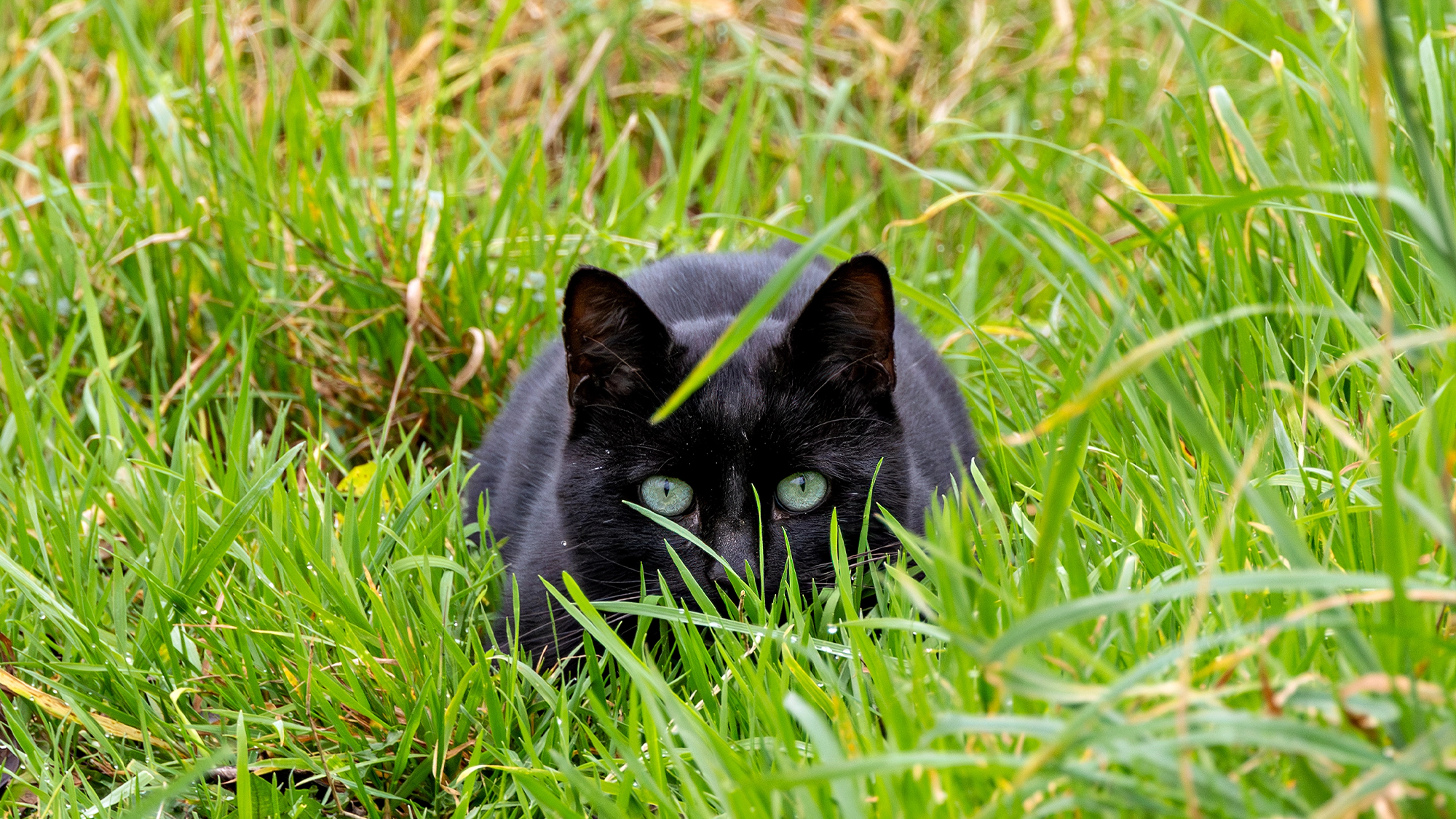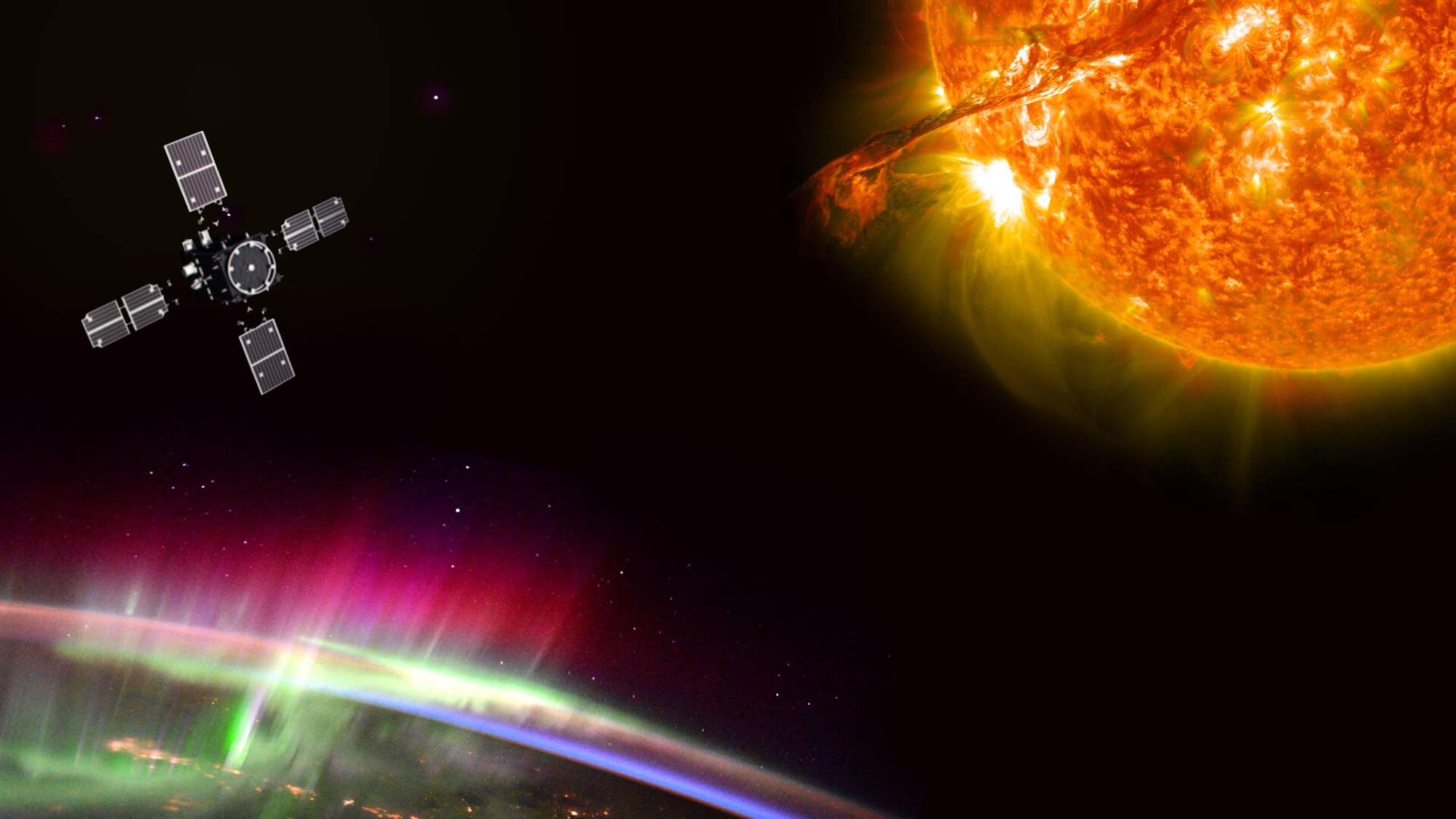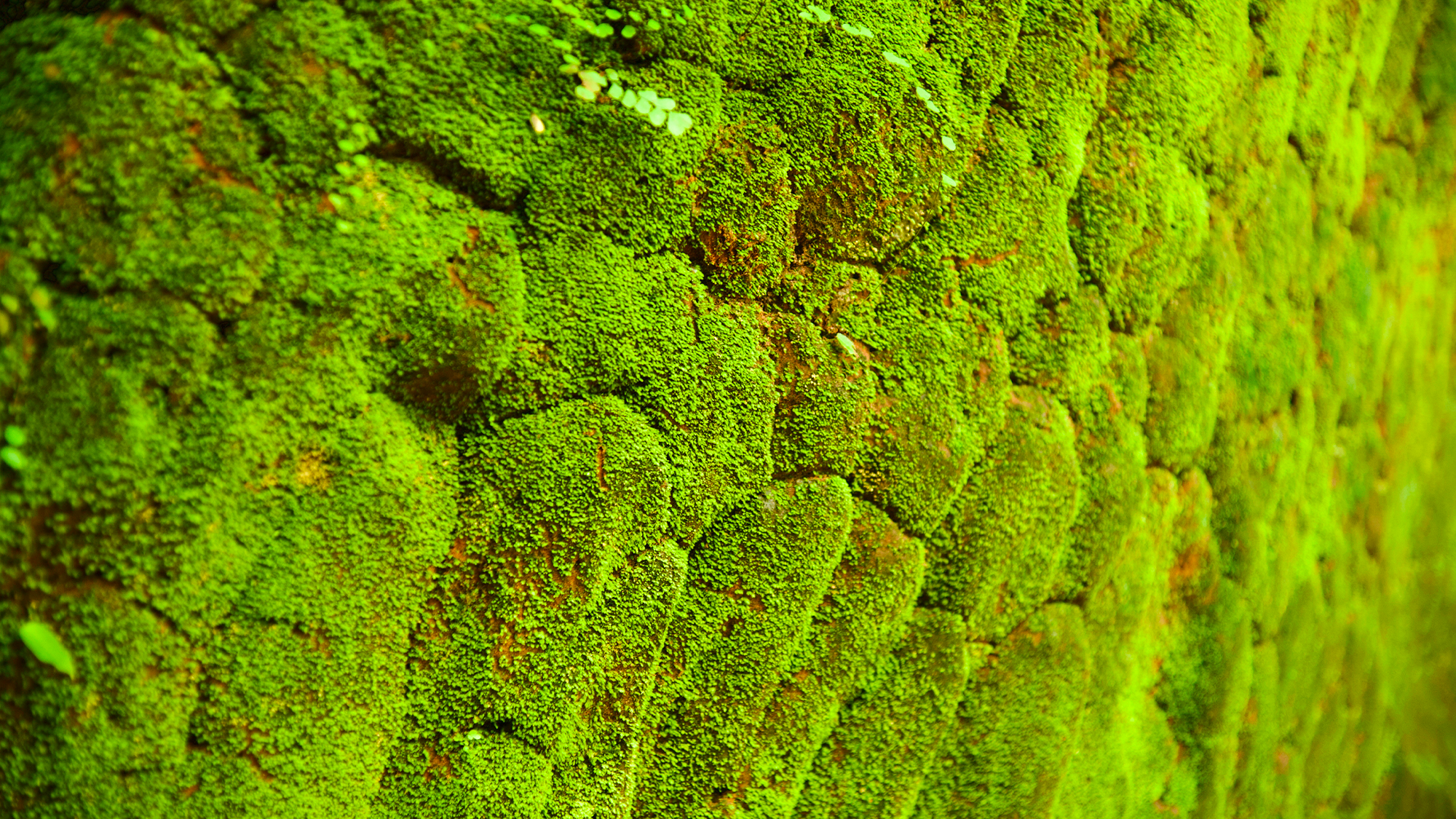A day with Newfoundlands, the original ship’s dog
PositiveScience

- The Newfoundland breed, renowned for its historical role as a ship's dog, is celebrated for its contributions to maritime rescue and draft work. This breed's legacy is deeply rooted in seafaring traditions, showcasing its importance in maritime history.
- Recognizing the Newfoundland's enduring significance not only honors its past but also emphasizes the breed's ongoing relevance in maritime safety and rescue operations, reflecting a continued appreciation for its unique capabilities.
— via World Pulse Now AI Editorial System

